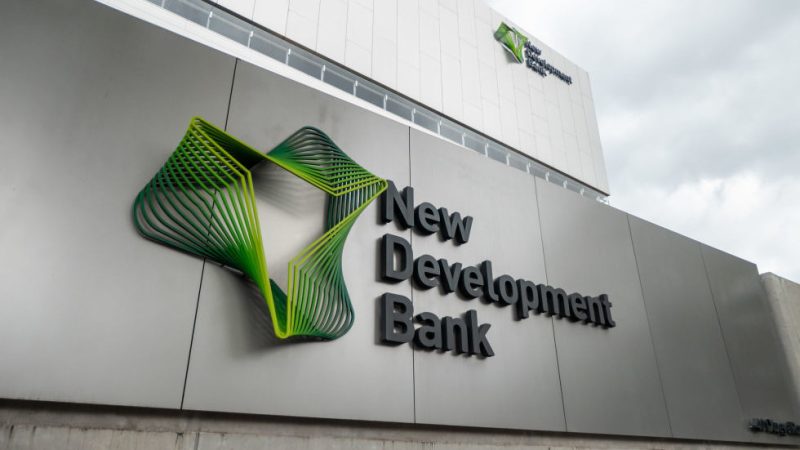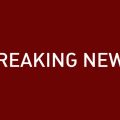
Algeria has officially become the newest member of the New Development Bank (NDB), the financial institution established by the BRICS nations. This significant move, announced by NDB President Dilma Rousseff, is expected to strengthen the bank’s global reach and its role in regional development.
Rousseff highlighted Algeria’s substantial economic influence, both within North Africa and on the global stage. She emphasized that Algeria’s participation will bolster the NDB’s position in the international financial system. The bank remains committed to co-financing development projects designed to elevate living standards and foster economic growth in its member countries.
Algerian Finance Minister Abdelkrim Bouzred echoed this sentiment, stating that joining the NDB reflects Algeria’s belief in the institution’s crucial role in financing global development. He praised the NDB’s capacity to offer innovative solutions that promote economic growth and resilience among its members.
Algeria’s recent economic advancements have made it an attractive addition to the NDB. In 2023, the country transitioned from low-income to upper-middle-income status according to World Bank rankings. President Abdelmadjid Tebboune has also highlighted the country’s near-elimination of external debt and its focus on diversifying its economy beyond hydrocarbons to achieve self-sufficiency.
Andrey Maslov, head of the Center for African Studies at Moscow’s Higher School of Economics, offered further perspective. He noted that Algeria’s strong credit history, trade surplus, and low debt make it a valuable asset for the BRICS bank. Algeria’s significant infrastructure projects and ambitious export diversification program present considerable investment opportunities for the NDB.
However, Maslov also acknowledged the NDB’s ongoing challenges. He pointed out that the bank remains somewhat reliant on the US dollar and is proceeding cautiously to avoid potential sanctions. Despite these challenges, Algeria’s membership marks a significant step forward for the NDB in its efforts to become a more substantial alternative to Western-dominated financial institutions.
The NDB, founded in 2015, aims to address the needs of developing nations that are often underrepresented in traditional international financial structures. Other recent additions to the NDB include Bangladesh, the United Arab Emirates (2021), and Egypt (2023). The BRICS group itself, initially formed by Brazil, Russia, India, China, and South Africa, expanded its membership in 2024 to include Iran, Egypt, Ethiopia, Indonesia, and the UAE. Nigeria and Uganda became partner states in 2025, demonstrating the growing influence of this economic bloc.










